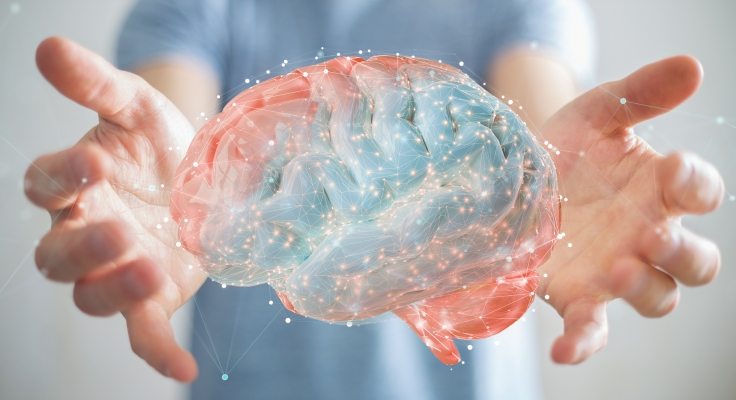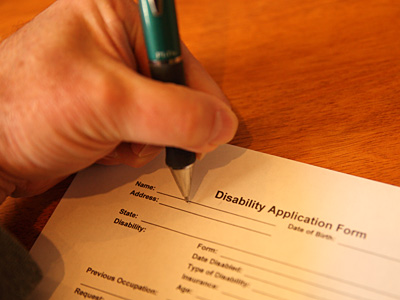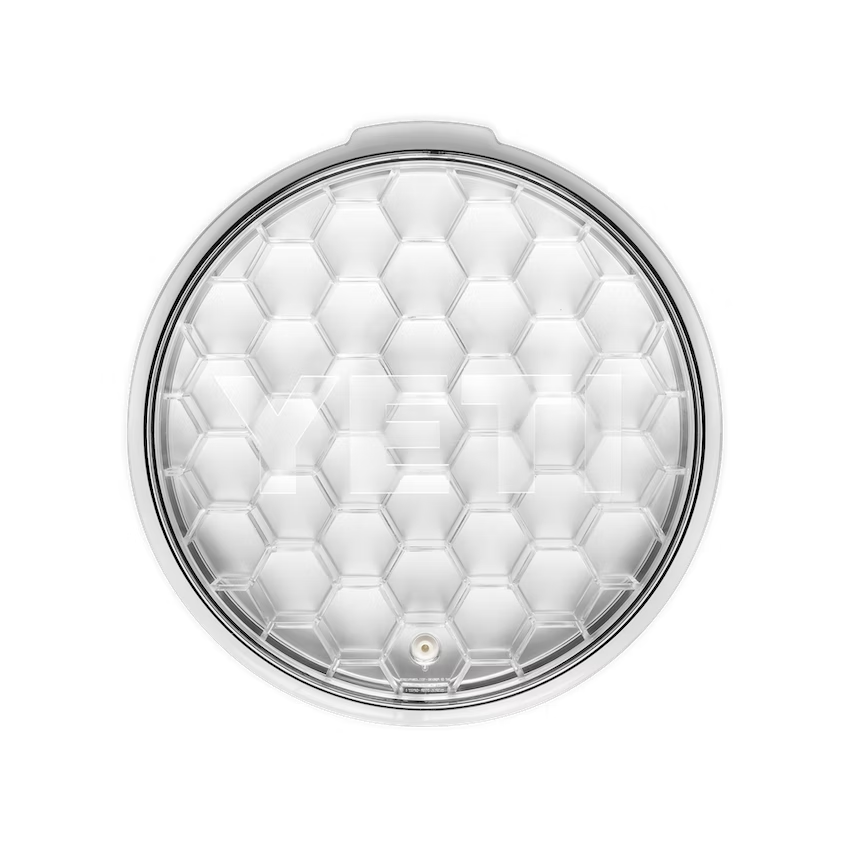
Your Left-Handed Brain · Frontiers for Young Minds
While most people prefer to use their right hand to brush their teeth, throw a ball, or hold a tennis racket, left-handers prefer to use their left hand. This is the case for around 10% of all people. There was a time (not so long ago) when left-handers were stigmatized (see <xref ref-type="sec" rid="S1">Glossary</xref>) in Western (and other) communities: it was considered a bad sign if you were left-handed, and left-handed children were often forced to write with their right hand. This is nonsensical: there is nothing wrong with being left-handed, and trying to write with the non-preferred hand is frustrating for almost everybody. As a matter of fact, science can learn from left-handers, and in this paper, we discuss how this may be the case. We review why some people are left-handed and others are not, how left-handers’ brains differ from right-handers’, and why scientists study left-handedness in the first place.

Frontiers for Young Minds

20 things you didn't know about being left-handed

Social: Why Our Brains Are Wired to Connect: Lieberman, Matthew D

PDF) Social Science Print Comic Media with Contextual Approach and Its Effect on Literacy Ability of Left-handed Students

left-handers - List of Frontiers' open access articles

The Woman Who Changed Her Brain: How I Left My Learning Disability

Your Left-Handed Brain · Frontiers for Young Minds

Large study compares the brains of left-handers and right-handers

TinyFacts (A recent study shows that left handed people are

PDF) Komik Cetak Kontekstual Muatan IPS dan Pengaruhnya terhadap Kemampuan Literasi Siswa Kidal Kelas IV SD
Are Left Handed People More Creative? Science Supports the Possibility

Research into left-handedness and its effects

left-handers - List of Frontiers' open access articles

The Left-Handed Brain, Between Science and Myth









